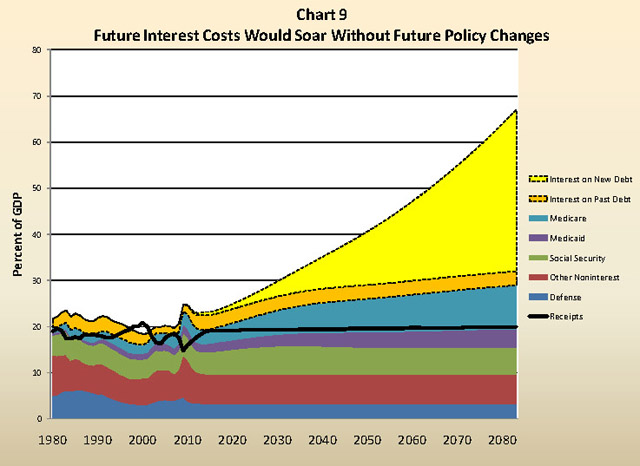ShaklesOfBigGov
Restore the Republic
With unemployment numbers still increasingly higher since he first took office, many Americans are finding themselves struggling to now earn the incomes they once had (see our nation's UNDERemployment figures). The cost of energy also is going up, while the push for a new GREEN policy has yet to find a place and take off among many of the nation's consumers. This has only furthered Obama's stubborn resolve to invest more taxpayer dollars into alternative energy corporations, while pushing regulations to cripple those companies that choose to maintain the course of using fossile fuels.
With the economy stagnant and still struggling to recover, as well as facing a huge government spending debt to try and pass the blame on, the real question emerges: Is Obama really concerned about jobs, or with the attempt to steer his Titanic to change the face of America to a radically new direction, where left-wing ideology rules with an iron fist?
Wtih regard to coal:
As of 2008, coal fuels about 50 percent of US electricity production and provides about a quarter of the countrys total energy.
Then there's the rejection by Obama and the left of the Keystone pipeline, siting unemployment extensions creates more jobs. Has the administration really fought to put Americans back to work, or is he using his Presidency as a bully platform to dictate what Americans must be willing to accept dispite the effect it may have to a crippling economy?
With the economy stagnant and still struggling to recover, as well as facing a huge government spending debt to try and pass the blame on, the real question emerges: Is Obama really concerned about jobs, or with the attempt to steer his Titanic to change the face of America to a radically new direction, where left-wing ideology rules with an iron fist?
Wtih regard to coal:
What I've said is that we would put a cap and trade system in place that is as aggressive, if not more aggressive, than anybody else's out there.
I was the first to call for a 100% auction on the cap and trade system, which means that every unit of carbon or greenhouse gases emitted would be charged to the polluter. That will create a market in which whatever technologies are out there that are being presented, whatever power plants that are being built, that they would have to meet the rigors of that market and the ratcheted down caps that are being placed, imposed every year.
So if somebody wants to build a coal-powered plant, they can; it's just that it will bankrupt them because they're going to be charged a huge sum for all that greenhouse gas that's being emitted.
That will also generate billions of dollars that we can invest in solar, wind, biodiesel and other alternative energy approaches.
The only thing I've said with respect to coal, I haven't been some coal booster. What I have said is that for us to take coal off the table as a (sic) ideological matter as opposed to saying if technology allows us to use coal in a clean way, we should pursue it.
So if somebody wants to build a coal-powered plant, they can.
It's just that it will bankrupt them.
Read more: Audio: Obama Tells SF Chronicle He Will Bankrupt Coal Industry | NewsBusters.org
As of 2008, coal fuels about 50 percent of US electricity production and provides about a quarter of the countrys total energy.
Then there's the rejection by Obama and the left of the Keystone pipeline, siting unemployment extensions creates more jobs. Has the administration really fought to put Americans back to work, or is he using his Presidency as a bully platform to dictate what Americans must be willing to accept dispite the effect it may have to a crippling economy?





